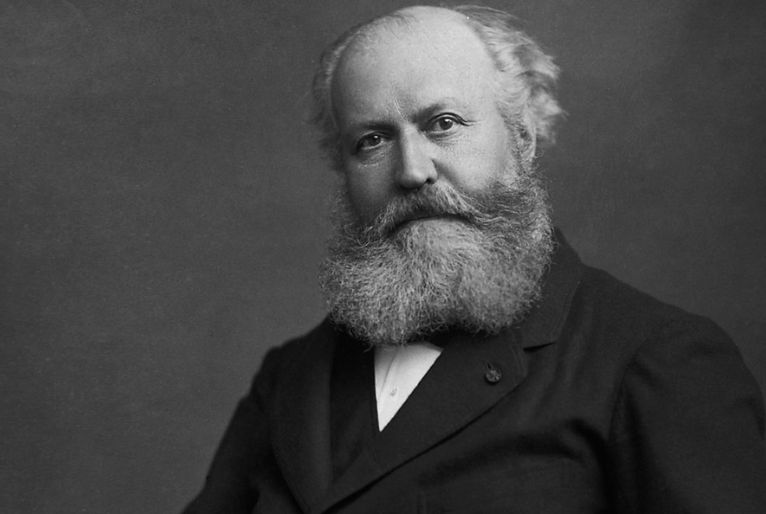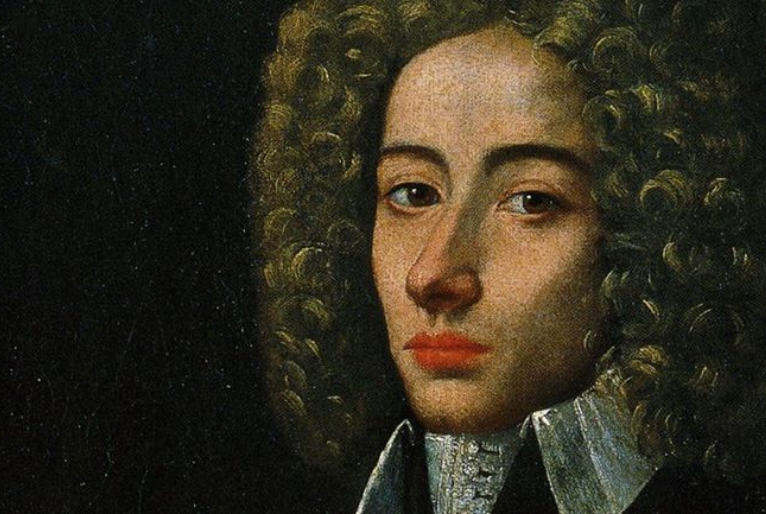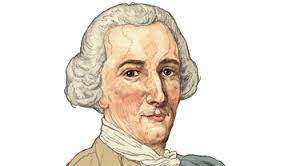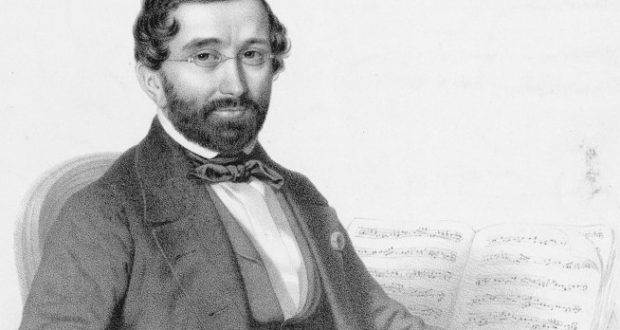Charles-François Gounod, the celebrated French composer, was born on June 17, 1818, in Paris, France. His life's melody wove through the Romantic era, leaving an indelible mark on the history of classical music.
Gounod's passion for music was ignited at an early age. Born into a family with artistic inclinations, he received his initial musical education from his mother, a pianist. His precocious talent was evident, and by the age of six, he was already playing the piano proficiently. Recognizing his potential, his family enrolled him in the Paris Conservatoire at the tender age of ten.
Giovanni Battista Pergolesi, one of the most renowned composers of the Baroque era, was born on January 4, 1710, in Jesi, Italy. Despite his short life, Pergolesi's musical legacy continues to captivate audiences centuries later.
From an early age, Pergolesi exhibited prodigious musical talent, receiving his initial training in music from his father and later studying at the Conservatorio dei Poveri di Gesù Cristo in Naples. It was in Naples where Pergolesi honed his skills and developed a deep understanding of the operatic and sacred music forms that would come to define his career.
Baldassare Galuppi, often referred to as the "Father of the comic opera," was a prominent Italian composer of the 18th century. Born on October 18, 1706, in Venice, Italy, Galuppi demonstrated musical talent from an early age. He received his initial training in music from his father, a barber and violinist, before studying with prominent composers such as Antonio Lotti.
Galuppi's career took off swiftly, and by his early twenties, he had already composed several operas and sacred works. His compositions were characterized by their melodic richness, harmonic sophistication, and inventive orchestration. Galuppi's operas, in particular, garnered widespread acclaim for their witty librettos and lively musical settings.
Adolphe Adam (1803–1856) was a French composer and music critic best known for his contributions to the world of ballet and opera. Born on July 24, 1803, in Paris, France, Adam displayed an early aptitude for music, studying piano and composition at the Paris Conservatoire under the guidance of esteemed teachers such as François-Adrien Boieldieu.
Adam's career took a significant turn when he embraced the genre of ballet. In 1829, he achieved success with his ballet "La filleule des fées," which marked the beginning of his association with the renowned Paris Opéra. His talents in composing for the ballet genre flourished, and he went on to create numerous works, including "Giselle" (1841), one of his most famous and enduring compositions. "Giselle" is considered a masterpiece of Romantic ballet and has maintained its popularity over the years.



